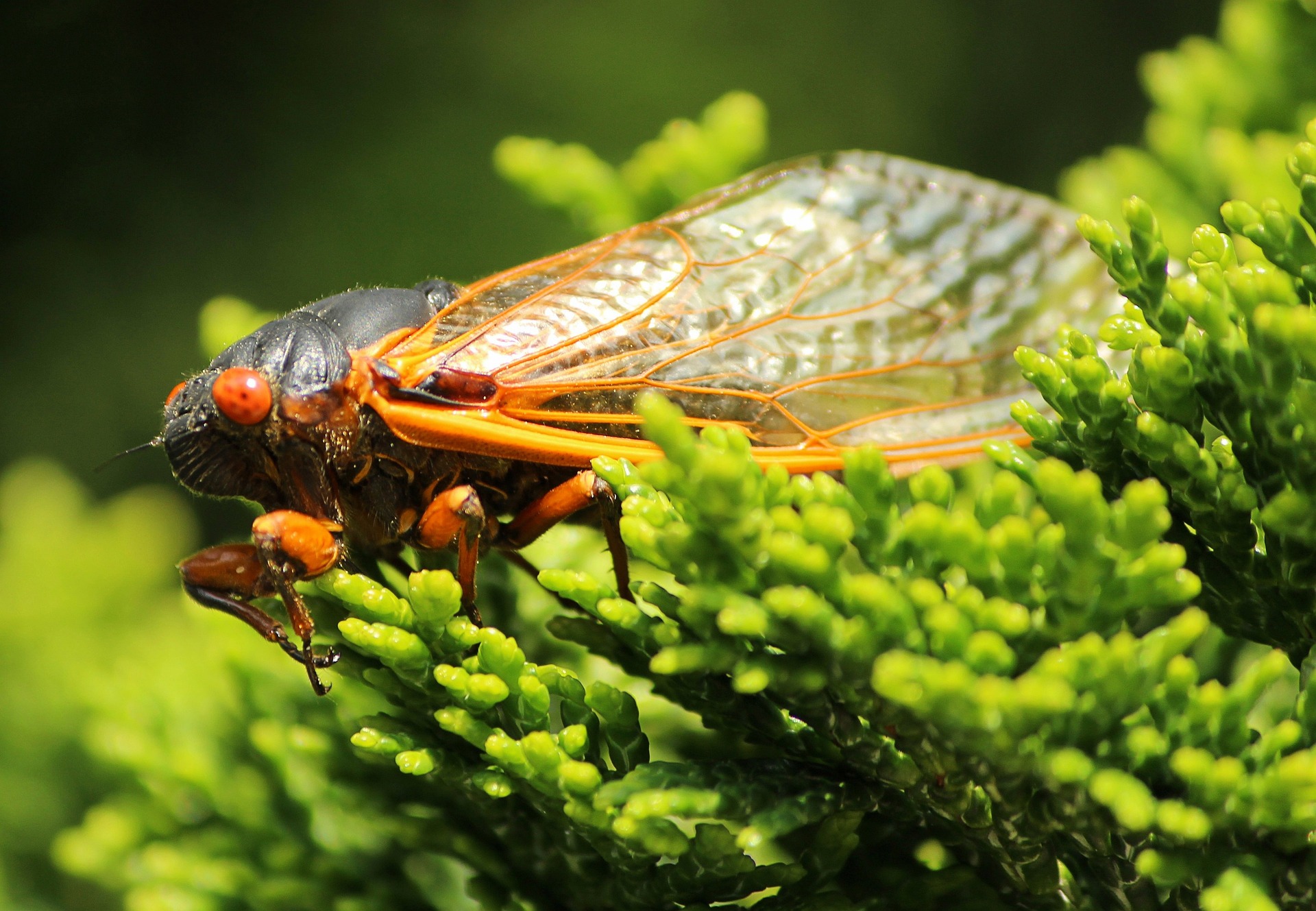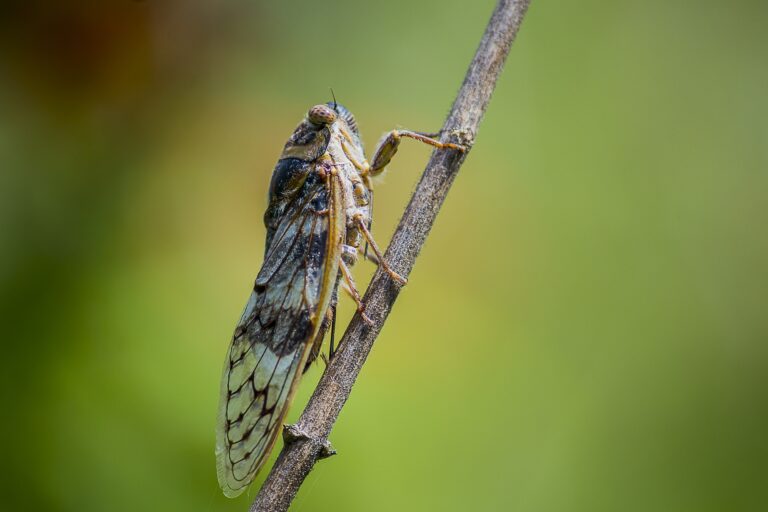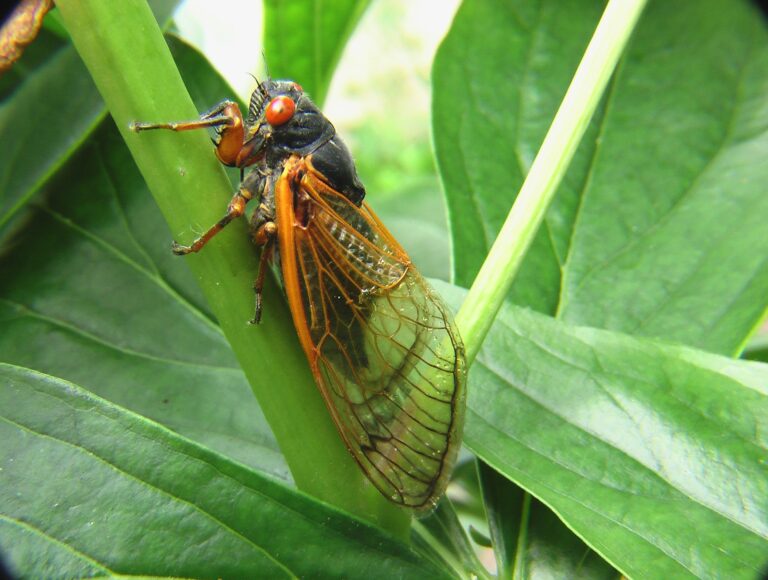Summer is almost here, and Illinois is getting ready for an unusual natural event, the appearance of two different groups of cicadas at once. This year, both the 17-year periodical cicadas (Brood XIII) and the 13-year periodical cicadas (Brood XIX) will show up across the state. We’ll also see the yearly “dog day” cicadas later this summer. It’s going to be a loud for few months.
Periodical Cicadas Wake from Long Slumber
The 17-year cicadas were last seen in 2007 but are now starting to surface in the Chicago area. Local experts have reported seeing them recently. “The periodical cicadas have been emerging for the last week and a half,” said Stephanie Adams, a plant pathologist at Morton Arboretum. She expects that Brood XIII will soon spread throughout Chicago.
Dual Brood Dynamics
This year is special because it features both Broad XIII and XIV emerging simultaneously. Two different cicada groups, or broods, will soon emerge. Brood XIX, seen every 13 years, and another unnamed brood which appears in certain parts of Illinois will surface around the same time. Both are expected from mid-May to June and usually live for about four to six weeks.
Characteristics and Differences
Allen Lawrance from the Peggy Notebaert Nature Museum highlights how these cicadas differ. “Periodical cicadas are not only smaller but also more cylinder-shaped than the larger, greener annual cicadas we frequently see,” he noted. Though quieter when alone, the vast numbers of periodical cicadas create a sound loud enough to overpower that of the annuals.
Emergence Patterns and Behavior
The periodic cicadas make their appearance as soil temperatures hit around 64 degrees Fahrenheit unlike “dog day” cicadas which show up in the hottest months, from July to September. The annual Cicadas, which take 2 to 5 years to develop, do not emerge simultaneously like their periodical cousins. This results in them appearing every year.
Environmental Impact and Safety
Cicadas are mostly harmless as they neither bite nor sting and don’t pose a threat to pets. However, their large numbers can be surprising due to their size and loud sounds. Cicadas play an essential role in the local by providing food for birds and small mammals.
Pet Safety During Cicada Emergence
As cicada season approaches, pet owners like Josie Benedetti and Vincent Palermo remain alert about their pets interacting with these insects. Dr. Patricia Ho, a veterinarian, notes that although cicadas are not toxic, their hard outer shells can cause digestive problems if pets eat too many. Signs of trouble include vomiting, diarrhea, and loss of appetite which could point to intestinal blockage.
Cicada Management: ‘Management in Gardens’
Cicadas are generally not harmful, but they can affect young trees and decorative plants. They lay eggs in thin branches which causes the tips to turn brown and droop, a condition known as “flagging.” To guard young trees during cicada emergence it’s best to use netting. Experts advise against using pesticides since they don’t work well on cicadas and might hurt other wildlife.
What to Expect in Your Neighborhood
Cicada presence varies by area. Lawrance explained that not all neighborhoods will see cicadas in large numbers. Places where cicadas were seen during their last cycle will probably experience them again because these insects typically return to their original breeding sites.
Looking Forward
This year we are seeing the rare event of a double brood of cicadas. This unique situation provides a great chance to watch one of nature’s fascinating events up close. Although the noise and high numbers of cicadas might be intense, remember it’s only temporary.
The cicadas’ song, which recurs every ten years, reminds everyone in Illinois of the ongoing rhythm of nature a cycle undisturbed by human activity. Locals are urged to appreciate this natural event and recognize its value to the area’s wildlife.











+ There are no comments
Add yours